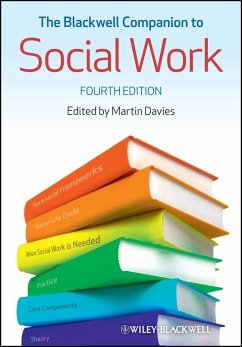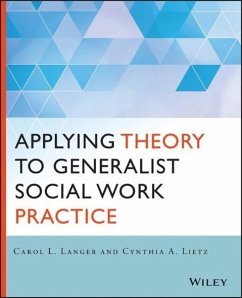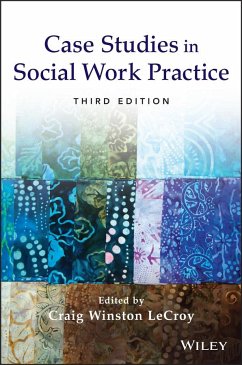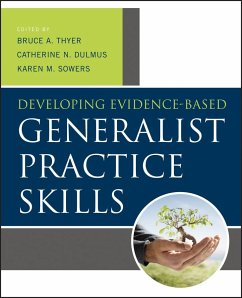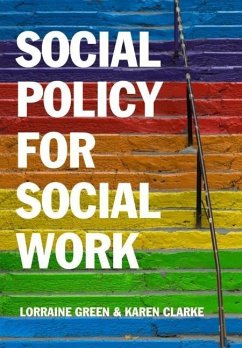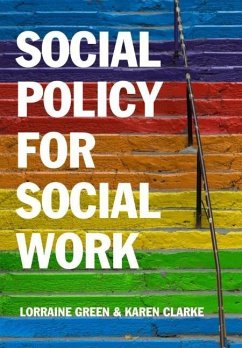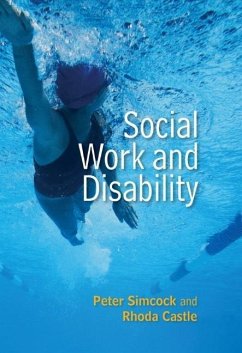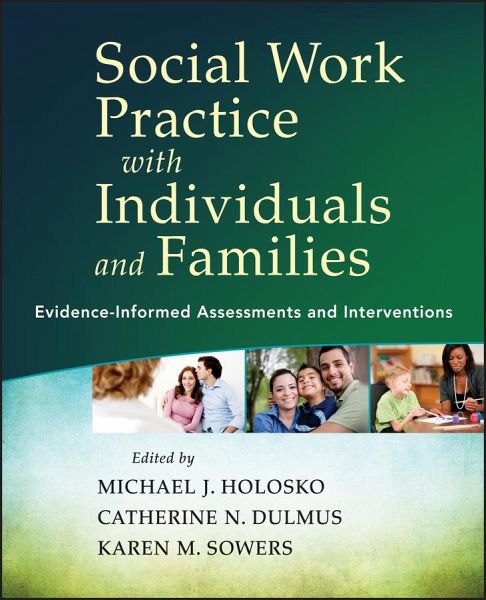
Social Work Practice with Individuals and Families
Evidence-Informed Assessments and Interventions
Versandkostenfrei!
Versandfertig in über 4 Wochen
52,99 €
inkl. MwSt.
Weitere Ausgaben:

PAYBACK Punkte
26 °P sammeln!
Taking a lifespan approach, this book gathers the top scholars in social work practice to create a resource that presents practice skills and interventions for working with individuals, children, and families. The evidence-informed process in each chapter critically appraises the research and evaluation of each intervention, including limitations in the evidence base for a given intervention. Looking closely at vulnerable populations and other groups in need, this book offers students and practitioners clear guidance for working with children, adolescents, adults, the elderly, and families.




